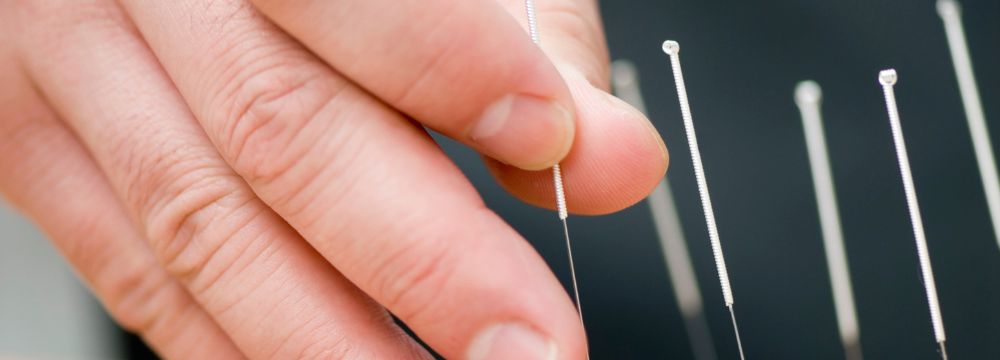
No surgery is 100% risk and consideration free and the gastric bypass is no different. In many cases, when we talk about the side effects of surgery, we focus on the decidedly negative ones. However, dumping syndrome is one of those very interesting side effects that, while very uncomfortable for the patient, may actually have some long term beneficial value. When we discussed dumping syndrome, we limit our discussion to the gastric bypass because of the way that the stomach is changed and. The outlets from the stomach into the small intestine, known as the stoma is removed and rebuilt during a bypass surgery. The new valve is not as efficient or as strong as the natural valve. This means that food and drink can enter into the more sensitive small intestines faster without being fully procesed in the stomach. This is known as rapid gastric emptying or dumping syndrome.
Symptoms Of Dumping Syndrome
There are two types of dumping syndrome, early and late. Early dumping syndrome occurs 10-30 minutes after you consume food when a mass of partially digested food and stomach acid move into the small intestine. This can cause your intestine to become full and bloated and does not allow for gut hormones to be released. Symptoms of early dumping syndrome include:
- Nausea
- Diarrhea
- Bloating
- Weakness
- Cold sweats
- Dizziness
- Vomiting
- Cramps
Late dumping syndrome occurs 1-3 hours after you consume food and is, in part, the result of a sugar spike. Your pancreas reacts by releasing insulin causing your blood sugar to drop. The quick rise and fall of your blood sugar is what causes the symptoms. Symptoms of late dumping syndrome include:
- Low blood sugar
- Rapid heartbeat
- Irregular heartbeat
- Dizziness
- Weakness
- Cold sweats
How to treat Dumping Syndrome
To ease your mind, dumping syndrome is not life threatening and can be treated with dietary changes to reduce symptoms. Instead of eating 3 big meals a day, increase the number of meals and decrease the amount of food with each meal. You should also avoid drinking 30 minutes before or after meals. This will allow your stomach to digest the food before transferring it to the small intestine. Avoid sugary foods and beverages such as soda, pastries, bakery, and anything with refined sugars. You should also be cognizant of how much dairy you are consuming. Your diet should be high in fiber and protein.
Why then, you might ask, is Dumping Syndrome a good thing?
The answer to this is quite simple. Life changes dramatically, at least as far as diet and exercise, after bariatric surgery. We don’t know what to expect and while nutritional guidance is helpful, there is still a lot of uncertainty. However, dumping syndrome occurs when we eat improperly or liberalize our diet. This is especially true for high fat and high sugar foods and drinks. As a result, you can think of dumping syndrome as a warning shot on what not to eat. After having a few episodes of dumping syndrome, you will be better able to choose the right foods in the right quantities. Essentially it is our body’s educational tool
The Bottom Line
Your body and lifestyle changes after undergoing bariatric surgery. This may seem like a lot to manage, but with the help of your trusted doctors and support system you can overcome all roadblocks along the way.
If you would like to talk to an experienced bariatric surgeon about weight loss surgery and what follows, schedule an appointment with us. MasJax is committed to making sure each and every one of our patients succeeds in their bariatric journey.









